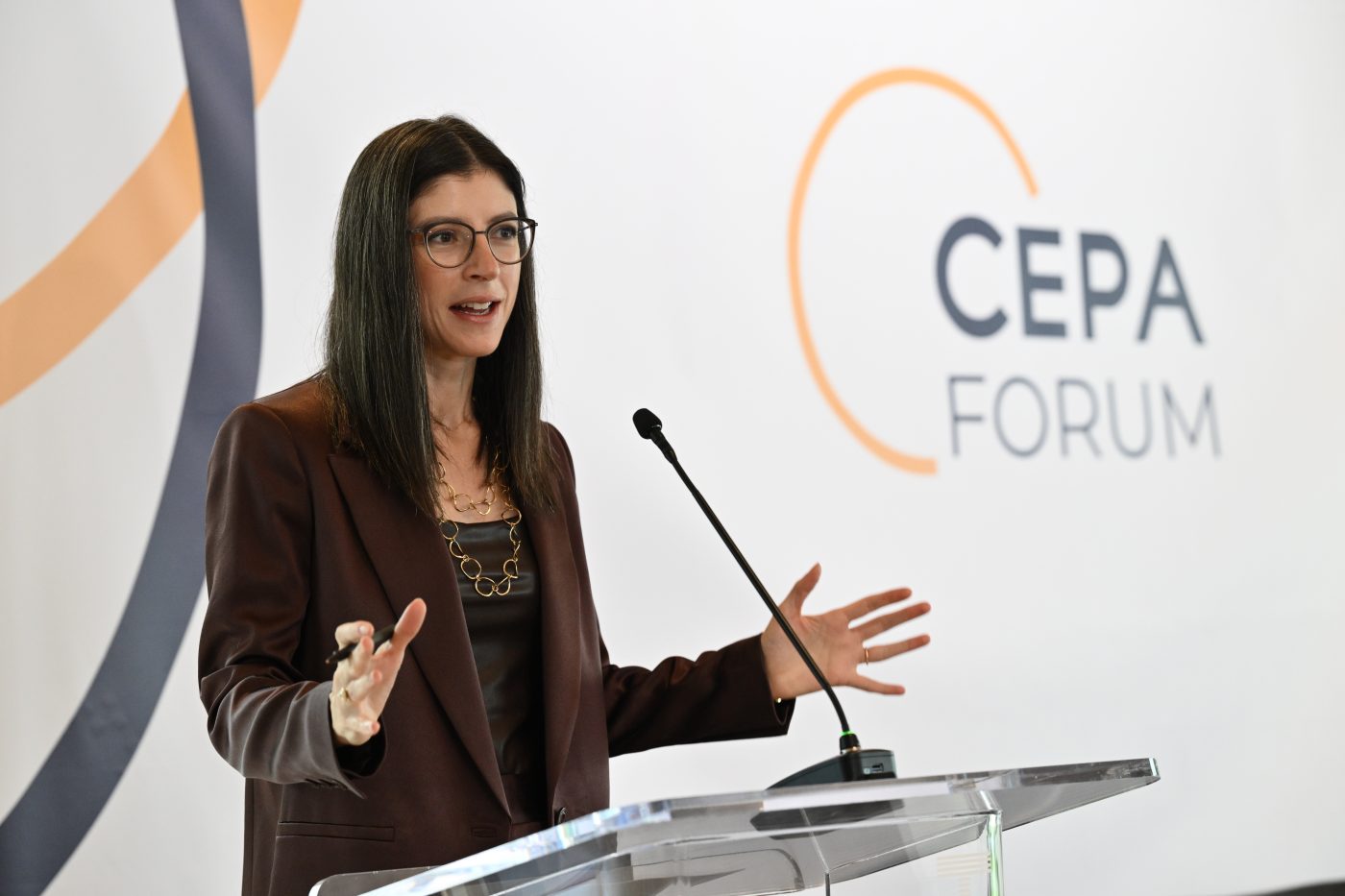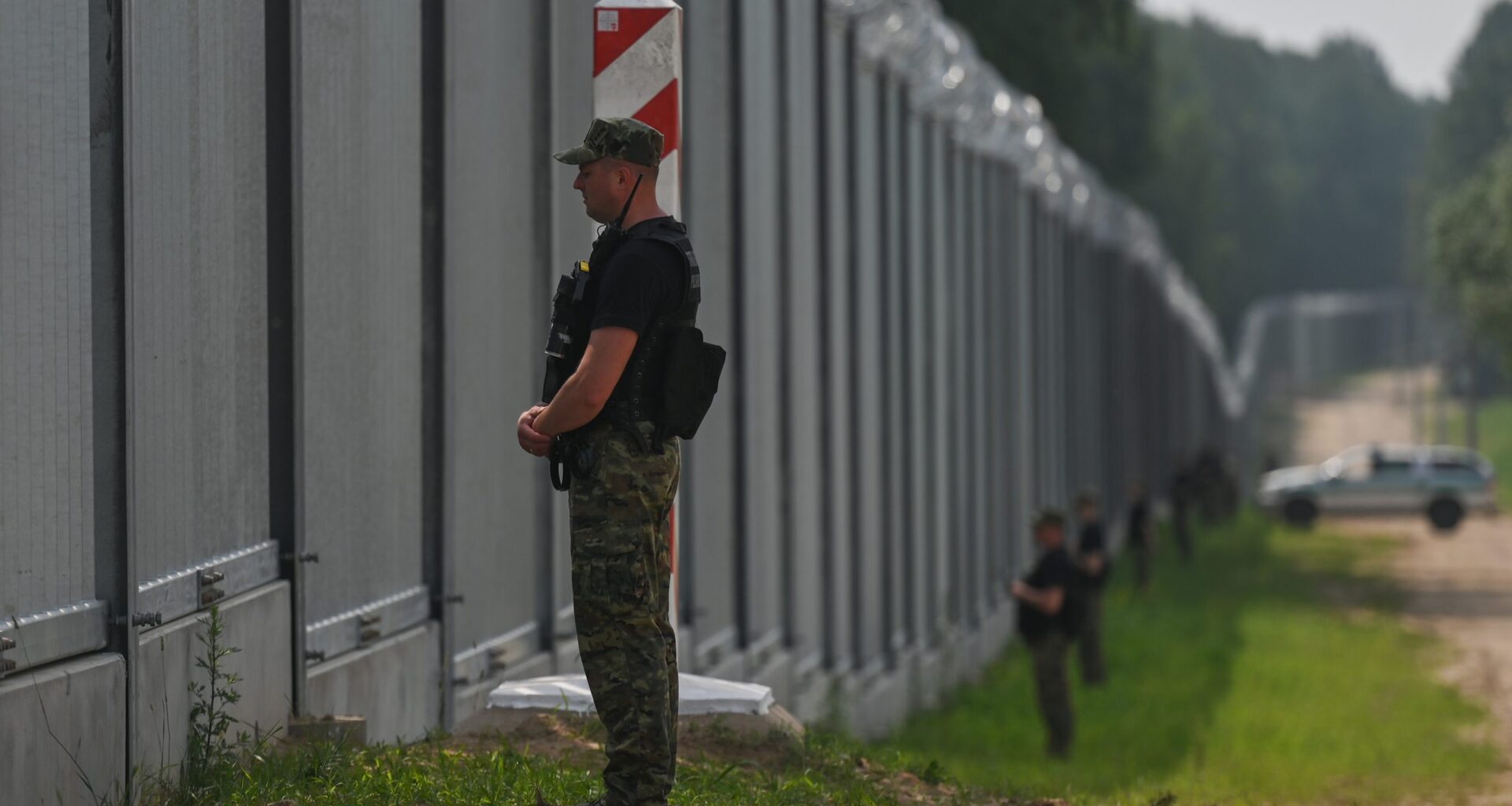Europe should re-listen to its great ancestors. Thucydides, the Athenian general and historian who wrote almost 2,500 years ago, has a hard-won reputation as the father of political realism. And at a time of rising threats and uncertain alliances, that can be priceless in guiding the continent along a perilous path.
No battle is lost until it is fought, and Europe has many strengths. While it has blundered in its approach to the increasingly linked threats of Russia and China, it could still choose to reverse the situation through greater integration to enable large-scale force development.
Europe today finds itself caught in a strategic dilemma reminiscent of the Peloponnesian War of the fifth century BC. Led by Pericles, Athens’ opening strategy required continuing control of the sea and hiding safely behind its long walls until the Peloponnesians realized the futility of the war. The Peloponnesians, led by Sparta, were unable to breach Athens’ walls and focused on ravaging the land of Attica, hoping to induce a decisive battle.
If one believes Putin is a military threat bent on conquest, then Europe’s long walls are Ukraine. Ukraine favors what’s known as the Fabian approach — imposing the largest possible cost on Russia to render the war prohibitively expensive.
That’s rational. But the fear is that Putin has no interest in the rational and no real concern about the costs, however high. Not only is he willing to expend huge amounts of blood and treasure on his imperial quest, but he is also backed by China, the manufacturing hub and largest economy (by purchasing power parity) in the world. The price Ukraine can inflict is unlikely to be sufficient.
Europe, therefore, cannot simply wait for Russia to lose heart. It cannot, in other words, hide behind its long walls. It must create leverage through strength.
Thucydides showed in his History of the Peloponnesian War that defensive strategies fail without a credible offensive capability. Athens never built a coordinated offensive component. Instead, it squandered resources on diversionary misadventures like the Sicilian expedition while Sparta, backed by Persia — the greatest power of that era — built a navy and blockaded Athens into submission.
Europe today risks a similar fate if it relies solely on sanctions, defensive deployments, and fortification. And indeed, the recent wave of hostile drone incidents since the attack on Poland on September 9-10 demonstrates the risks. A panicked Europe is recognizing its walls are anyway crumbling.
Europe must therefore invest in the means to project land, air, and sea power beyond its borders. That requires a much greater degree of unity to weld together the continent’s many strengths and great wealth. It must have a single framework for arms procurement, joint exercises to generate a credible capability to threaten Russia’s oil revenues, and it must protect nations seeking to leave Russia’s orbit.
It also secures Europe’s broader security. Working with organizations like the Quad of the US, Australia, India, and Japan would counterbalance China, whose export‑driven strategy and support for Russia undermine European security. A muscular, outward‑facing Europe will be better placed to secure its own prosperity and security.
Get the Latest
Sign up to receive regular emails and stay informed about CEPA’s work.
But how could Europe and its national governments, already mired in debt and struggling to keep even their Ukrainian ally provisioned, develop a credible large-scale deterrence force?
It really has no choice but to ruthlessly pursue economies of scope and scale, by doubling down on specialization and joint procurement and with deep integration of existing resources. Alone, European countries are second-rate. Together, Europe can be a superpower.
Not only would this enable Europe to pursue a qualified independent geostrategic approach, it goes hand in hand with economic growth and the deeply integrated continent envisioned by Mario Draghi. That is a powerful plan that Thucydides would approve of.
Persuading voters is the hardest challenge. Europe’s risk‑averse and broadly complacent electorate, particularly pensioners, may favor restraint, but history suggests those who shelter behind walls are not spared.
Thucydides notes that fear, honor, and self-interest drive behavior; if appeals to solidarity and democracy fail, leaders should emphasize the material benefits of integration and the dangers of inaction.
The Delian League, forged before the Peloponnesian War, offered allies common coinage, measures, free trade, and secure seas. Europe can make a similar case: deeper integration can deliver far greater tangible gains than the cheap energy Russia can offer.
Conversely, if Europe fails to deter Moscow, a wider conflict could erupt, and civilians, especially older citizens, would face the consequences. The plague that ravaged Athens during the war killed about a quarter of its population; the 20th century’s wars and famines likewise devastated civilians across Europe (10-20% of Europe’s elderly died in World War II). It is the oldest who have most to lose when deterrence fails and disaster strikes.
However hard it may be for Europe’s proud nations to hear, the continent’s faces a menacing strategic dilemma that can only be resolved by more Europe. Pooling resources, specializing, and acting jointly are the keys to preventing a tragedy of classical proportions and to securing Europe’s role in a volatile multipolar world.
European leaders must make this case clearly: now is the time for a Zeitenwende of consolidation.
Nathan Decety is a macroeconomic strategy consultant and a captain in the US Army.
Europe’s Edge is CEPA’s online journal covering critical topics on the foreign policy docket across Europe and North America. All opinions expressed on Europe’s Edge are those of the author alone and may not represent those of the institutions they represent or the Center for European Policy Analysis. CEPA maintains a strict intellectual independence policy across all its projects and publications.

Europe’s Edge
CEPA’s online journal covering critical topics on the foreign policy docket across Europe and North America.
